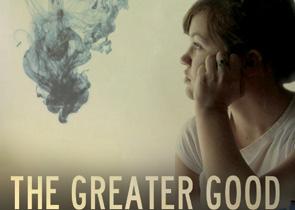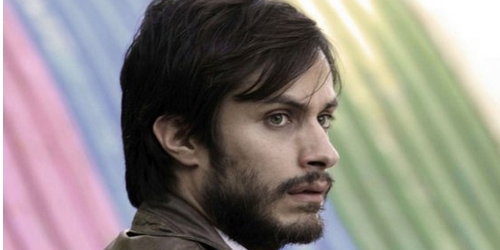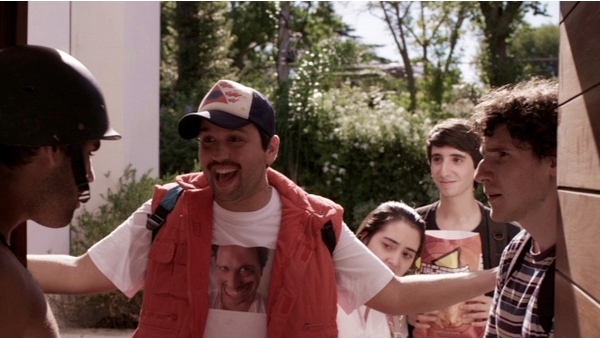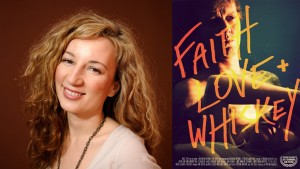
“How many deaths are enough to justify something as being a benefit?” That’s exactly what director/producer Kendall Nelson asks in her new documentary. Bringing three tragically affected families’ stories to light, The Greater Good tells how childhood vaccines (medication that is supposed to be good for these children) are nowhere as safe as they were led to believe.
Headlining The Greater Good is 16 year old Gabi Swank. After seeing commercials for the drug Gardasil, she wanted to be protected against the possibility if cervical cancer. But all too soon did this “fast tracked” drug wreck her life and that of her family as well. Gardasil (like other market ready vaccines) was insufficiently tested to be on the shelves in the first place and also contains extremely harmful ingredients.
Another child in the film is Jordan King, who was once a very high spirited little boy. But the mercury levels in his vaccines left him autistic at a young age. His doctor notes that the crime, in all cases with many of these drugs, is that “the research is incomplete and the certainty is not scientific“.
The Greater Good identifies many guilty parties such as the pharmaceutical companies (who fast track drugs therefore skimping on testing), the legislators (who keep those drug companies from being accountable for problems with their drugs) and drug companies in-house advertisers (who push the drugs to the point of creating paranoia).
Dr. Stephanie Christner lost her young daughter of 5 months due to complications from vaccines. She has also seen her two older boys significantly less healthy and prone to sickness after their vaccinations. All three stories try to promote one strong message that Kendall Nelson says again and again and is the only thing that we as consumers/parents can do proactively: Be Informed.
Nelson’s film made its World Premiere at this year’s Dallas International Film Festival. In attendance were some of the families and doctors in the film which made the message all the more real. I got to meet Gabi Swan, a delightful young woman, and she was a pleasure to say the least. If you hadn’t seen the documentary you’d never have known what she’s going through because she certainly doesn’t wear it on the surface. Gabi greets you with a giant smile and a positive attitude which is proving to help her and her mother try to get through all of this.
Gabi’s “Gardasil” vaccination complications have taken an (as yet) irreparable toll on her life, but you certainly wouldn’t know it from her sunny disposition.
Also on hand after the film was Dr. Robert Sears who wrote The Vaccine Book: Making the Right Decision for Your Child (updates to the book via his website). Mercury and Aluminum are identified as very dangerous components to vaccines. Dr. Sears says that while Mercury has been taken out of nearly all vaccines they are still found in half of the flu shots. Further, as the film points out, Aluminum is equally dangerous and untested. Sears insists that should be one of the ingredients you need to screen out when investigating vaccines for you or your children.
Kendall Nelson’s film is more than an eye opener. It’s a call to ask questions of people and things that we previously regarded as “unquestionably safe” and “in our best interest”. It tries to help the voices that for years have been crying out to separate lawmaking from health care, stop the fast tracking of childhood vaccinations. Finally it asks us to be proactive in making the right decisions concerning our children’s health.
The Great Good prompts us to make informed decisions. If the Swank’s, King’s and Christner’s struggles can inspire the change needed to right the wrongs and really make sure vaccines are in fact safe, then that might be the real Greater Good.
So what’s the next stop for The Greater Good? Ms. Nelson takes her film and the messages of Gabi, Jordan and other affected families to the Arizona International Film Festival in Tucson. For more information about the Arizona Film Festival, click here. It’s an important film and a must see for sure.


